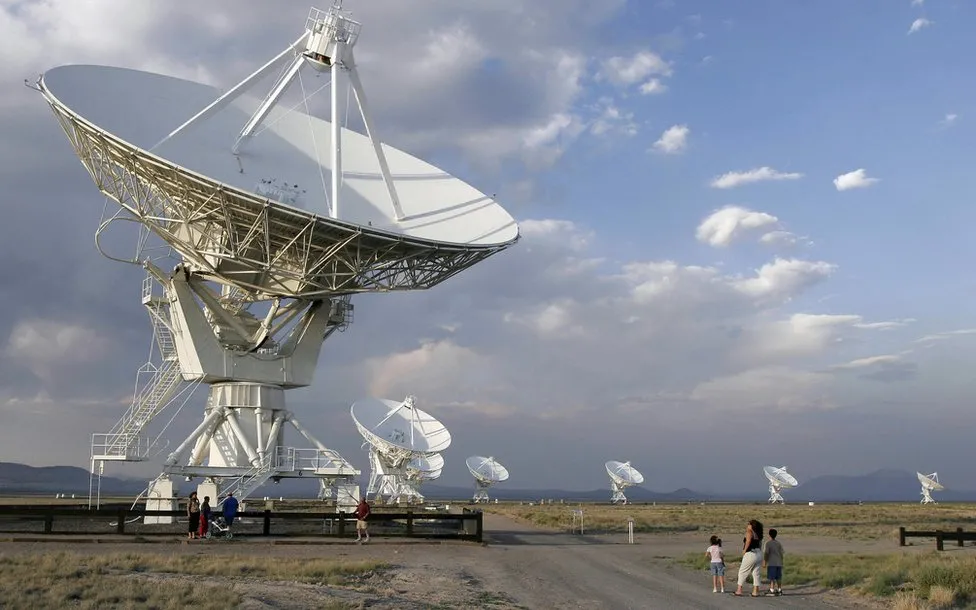AI and the Search for ET
2 min readHow AI is helping the search for extraterrestrial life
Artificial intelligence (AI) is revolutionizing many aspects of our lives, and its impact is also being felt in the search for...

How AI is helping the search for extraterrestrial life
Artificial intelligence (AI) is revolutionizing many aspects of our lives, and its impact is also being felt in the search for extraterrestrial life. Scientists and researchers are harnessing the power of AI to analyze vast amounts of data collected from telescopes and space probes in order to identify potential signs of alien life.
One of the key ways in which AI is aiding the search for extraterrestrial life is through the development of algorithms that can quickly and accurately analyze complex data sets. For example, AI algorithms can sift through images of distant planets and moons to identify patterns that may indicate the presence of microbial life or other forms of alien organisms. This technology allows researchers to process data more efficiently and effectively than ever before.
AI is also being used to assist in the interpretation of radio signals from outer space. By applying machine learning techniques to analyze these signals, scientists can identify patterns or anomalies that may be indicative of intelligent life forms sending messages across the cosmos. This has the potential to greatly accelerate the search for extraterrestrial civilizations.
In addition to analyzing data, AI is helping researchers to plan and execute missions to explore potentially habitable worlds. Autonomous drones and rovers equipped with AI technology can navigate challenging terrain and collect samples for analysis, providing valuable data that could help confirm the existence of alien life.
Overall, AI is playing a crucial role in advancing the search for extraterrestrial life by enabling scientists to analyze data more efficiently, interpret signals from outer space, and conduct exploratory missions with greater precision. With the help of AI, researchers are closer than ever to answering one of humanity’s greatest questions: are we alone in the universe?






